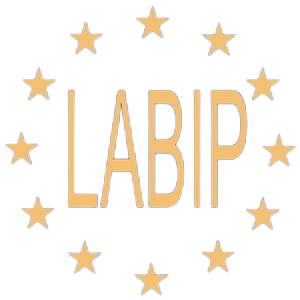Supporting two Stakeholder documents initiated by the International Chamber of Commerce (ICC)
Following the discussions at the LABIP Expert Workshop on the human microbiota and the Nagoya protocol and the publication of the outcome of the workshop in Microbial Cell Factories, LABIP has been asked to contribute to and co-sign two documents, initiated by the ICC knowingly:
- Implications of EU regulation 511/2014 on research on the human microbiome
- Promoting sustainable use and conservation of biodiversity through open exchange of Digital Sequence Information (DSI)
The first document supports the view that the human microbiome, being a specific part of a human being, belongs to the individual and therefore should not be subject to any obligations under the EU regulation 511/2014, related to the Convention on Biological Diversity (CBD) and the Nagoya Protocol. Accordingly, States cannot assert sovereign rights over the microbiomes of their citizens.
The second document expresses the concern on the proposal to let the Digital Sequence Information fall under the regulations of the CBD and the Nagoya Protocol. It states that barriers to sharing and use of DSI would discourage innovation and scientific research and consequently the advancement of science. Regulatory authorities are therefore asked to recognize the continued and ready access of DSI for advancing R&D.
LABIP has signed both documents, in line with the discussions at the above mentioned workshop.
Practical Implications on Research on the Human Microbiome
Joint stakeholder statement on Digital Sequence Information 04-10-18
